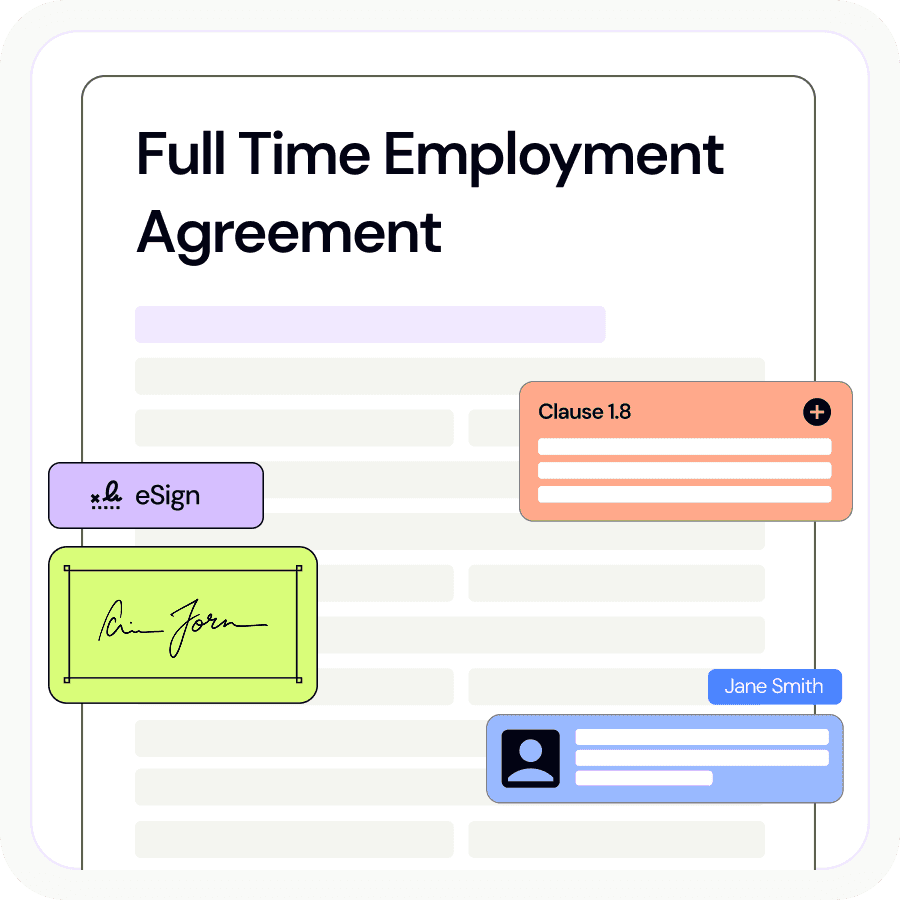Are you a business owner wondering if your full-time employees need to be paid overtime rates for working extra hours outside their employment agreement? Or are you a full-time employee figuring out if you are entitled to overtime rates under the Australian employment law? Read on to find answers to your queries about overtime entitlements for full-time employees.
Who Classifies as a Full-time Employee?
A full-time employee has a contractual agreement for ongoing employment and works around 38 hours each week. However, these hours can differ depending on the employment contract and industry-specific enterprise agreement.
What Constitute Overtime Hours?
Overtime refers to any work performed by an employee beyond their ordinary hours of work. Ordinary hours of work are as listed in an award, enterprise agreement or contractual agreement. Ordinary hours of work for full-time employees usually specify:
- Total hours they are required to work per week (For example. 37.5 hours per week)
- Days they are required to work each week (For example. Monday to Friday inclusive)
- Working time period for each day (For example. Between 8 am and 3.30 pm)
The ordinary hours can differ depending on the job industry and enterprise agreements applied.
What Are the Overtime Rates?
Fulltime employees working extra hours beyond the ordinary hours of work are usually entitled to an overtime rate, which is usually higher than their ordinary rate of pay. This penalty rate intends to compensate the employee for any inconvenience caused and give them an incentive for working extra hours for the business.
Overtime rates also tend to increase the longer you work. For instance, if a full-time employee works four hours of overtime work on Monday, he or she might get 150% of the base rate for the first 2 hours and 200% of the base rate for the next two days. The rates are also higher if you work overtime on weekends or public holidays. Your industry-specific enterprise agreement might also have specific conditions attached to overtime performed on weekends. For example, if your agreement states that you have to be given at least four hours of overtime work on weekends, then you will be paid overtime rate for four hours even if you only perform three hours worth of overtime.
When Does Overtime Rates Apply?
The overtime rates apply if the appropriate enterprise agreement, award or other registered agreement has set out the conditions for the overtime rates to apply.
When Can an Employer Reasonably Request an Employee to Work Overtime?
An employer can request an employee to work overtime after considering the following conditions:
- The employee is capable of working the extra hours without risking health and safety issues. This includes personal injury, fatigue and work-related stress.
- The employee’s responsibilities outside work
- Is the employee receiving overtime payments or penalty rates for working the extra hours?
- Are they aware of the fact they might have to work extra hours?
- The employee has not stated that they are unavailable to do extra hours.
Can a Full-time Employee Refuse to Work Overtime?
The employee can refuse to work extra hours if he or she considers the conditions mentioned above and deems the request unreasonable.
Time in Lieu (TOIL)
Some awards and enterprise agreements allow employees to take time off instead of receiving overtime pay. The employee has to take TOIL within six weeks of working an overtime shift. Otherwise, he or she can be paid at the overtime rate.
If you are unsure as to what overtime rates you need to pay your employees, you can use the Pay Calculator by the Fair Work Ombudsman. Overtime rates usually depend on the award or enterprise agreement for your particular job or industry.







